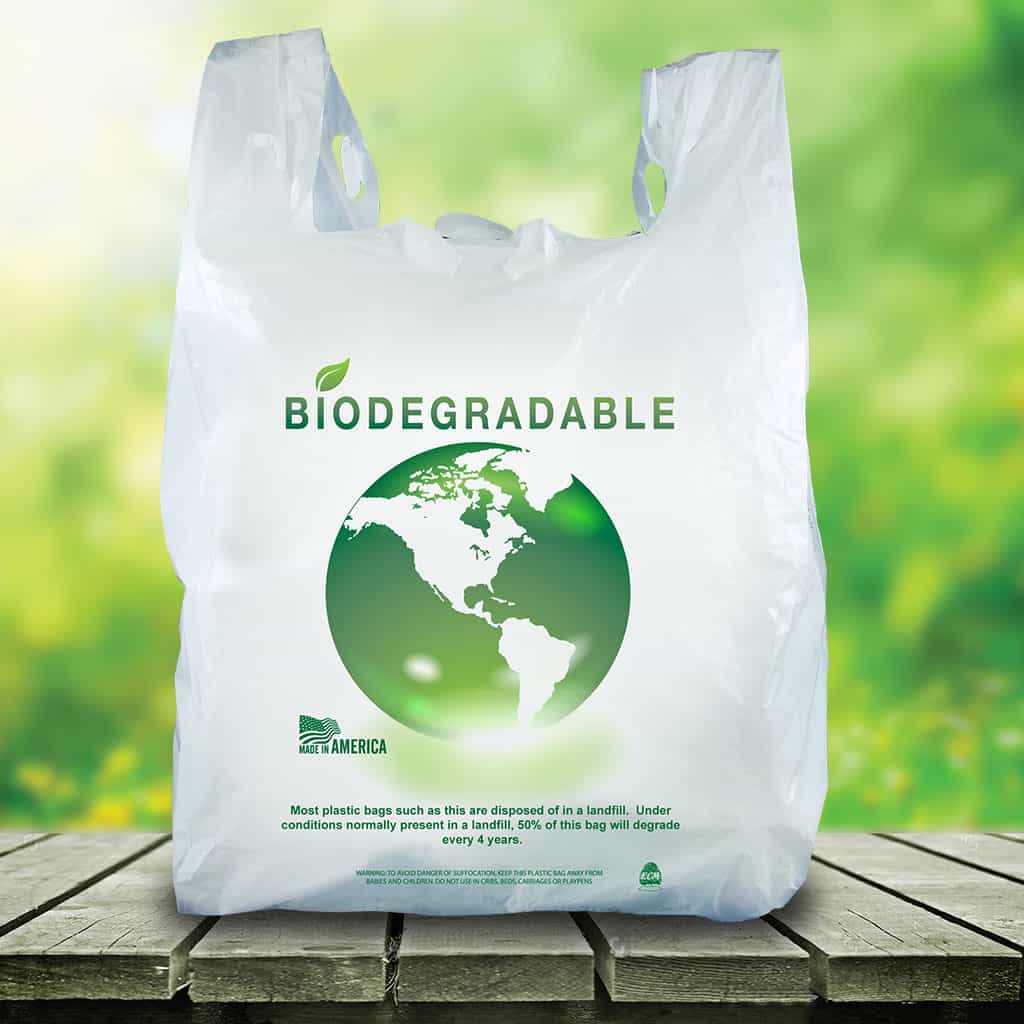From Convenience to Catastrophe: The Plastic Shopping Bag Dilemma
From Convenience to Catastrophe: The Plastic Shopping Bag Dilemma
Blog Article

In the modern world, convenience often comes with a hidden cost, and plastic shopping bags are a prime example of this dilemma. Initially embraced for their lightweight, durable, and water-resistant qualities, these ubiquitous carriers have woven themselves into the fabric of our daily lives. From grocery runs to quick trips for essentials, plastic shopping bags offer an easy solution for transporting purchases. However, as their use has skyrocketed over the years, so too have the implications for our environment and health, sparking a global conversation about sustainability and waste management.
As cities and countries grapple with the consequences of plastic pollution, the once-harmless shopping tool is now viewed through a critical lens. The overwhelming presence of these bags in landfills, oceans, and ecosystems poses significant threats to wildlife and natural habitats. With countless studies linking plastic waste to environmental degradation and health risks, the question looms large: Are we willing to sacrifice convenience for a cleaner, healthier planet? Exploring the journey from the initial allure of plastic shopping bags to their troubling repercussions reveals a pressing need for a thoughtful reevaluation of our consumption habits.
Environmental Impact of Plastic Bags
Plastic shopping bags have become a symbol of convenience in modern consumer culture, but their environmental repercussions are profound. Each year, millions of tons of plastic waste are generated worldwide, much of it coming from single-use items like shopping bags. These bags take hundreds of years to decompose, leading to significant accumulation in landfills and the natural environment. Their lightweight nature often results in them being carried by wind, ending up in waterways, oceans, and scenic landscapes, contributing to the growing issue of plastic pollution.
The impact of plastic bags on wildlife is particularly alarming. Animals often mistake plastic bags for food, leading to ingestion that can cause serious health issues or even death. Marine life is especially vulnerable, with an estimated hundred thousand sea creatures falling victim to plastic debris annually. Furthermore, the ingestion of microplastics, which are tiny fragments of plastic that result from the breakdown of larger items, poses additional risks to both animal and human health, leading to increased concern about the long-term consequences of plastic pollution.
https://www.armopak.com
Efforts to mitigate the adverse effects of plastic shopping bags have been initiated in various regions through bans and restrictions, but sustainable alternatives still face challenges. While reusable bags present a viable solution, many consumers do not consistently use them, undermining their potential benefits. Education and awareness campaigns are crucial in encouraging responsible bag usage and disposal. It is clear that addressing the environmental impact of plastic bags requires a collective effort from individuals and communities to foster a shift toward more sustainable practices and products.
Economic Considerations
The widespread use of plastic shopping bags has raised significant economic questions regarding their impact on retail businesses and consumer behavior. For many retailers, plastic bags represent a low-cost option for providing convenience to customers. They are lightweight, inexpensive, and readily available, making them an attractive choice for businesses aiming to enhance the shopping experience. However, the long-term economic implications of plastic bag usage are increasingly being scrutinized, particularly as the environmental costs become more evident.
Many governments around the world have begun implementing regulations aimed at reducing plastic bag usage, often resulting in increased operational costs for retailers. The transition to alternative options, such as reusable or biodegradable bags, can impose upfront costs for businesses. While some retailers may pass these costs onto consumers, others might absorb them in order to maintain competitive pricing. This shift could lead to varying consumer preferences, as shoppers weigh the costs and benefits of using more sustainable options against the convenience of plastic bags.
Conversely, the rising demand for eco-friendly packaging solutions presents new economic opportunities. A growing number of companies are investing in the production of sustainable bags, which can stimulate innovation and create jobs in emerging markets focused on environmental sustainability. The challenge lies in balancing these new opportunities with the need to address the legacy of plastic pollution. Ultimately, the economic considerations surrounding plastic shopping bags encompass both immediate retail implications and broader effects on industry trends and environmental health.
Alternatives to Plastic Shopping Bags
As awareness of the environmental impact of plastic shopping bags grows, many consumers and businesses are turning to more sustainable alternatives. Reusable cloth bags have become a popular choice, as they are durable and can be used multiple times without degrading. These bags are often made from materials like cotton or jute, making them biodegradable at the end of their life cycle. By investing in a few high-quality reusable bags, shoppers can significantly reduce their reliance on single-use plastics while promoting a more eco-friendly lifestyle.
Another viable alternative is the use of biodegradable bags, which are designed to break down more quickly than traditional plastic bags. These bags are made from materials like cornstarch or other plant-based substances. While they still require appropriate disposal methods to ensure they decompose properly, they offer a way to minimize plastic waste and lessen the environmental footprint. Consumers should check for certifications that guarantee the bags meet biodegradability standards.
Paper bags present another option, often favored for their recyclability and compostability. They are made from renewable resources and can be produced in a sustainable manner. However, it is essential to consider the environmental impact of paper production, including deforestation and water usage. When opting for paper bags, consumers should aim to use them multiple times and choose those made from recycled materials to truly benefit the environment. Each of these alternatives provides an opportunity to move away from plastic shopping bags and contribute to a more sustainable future.
Report this page